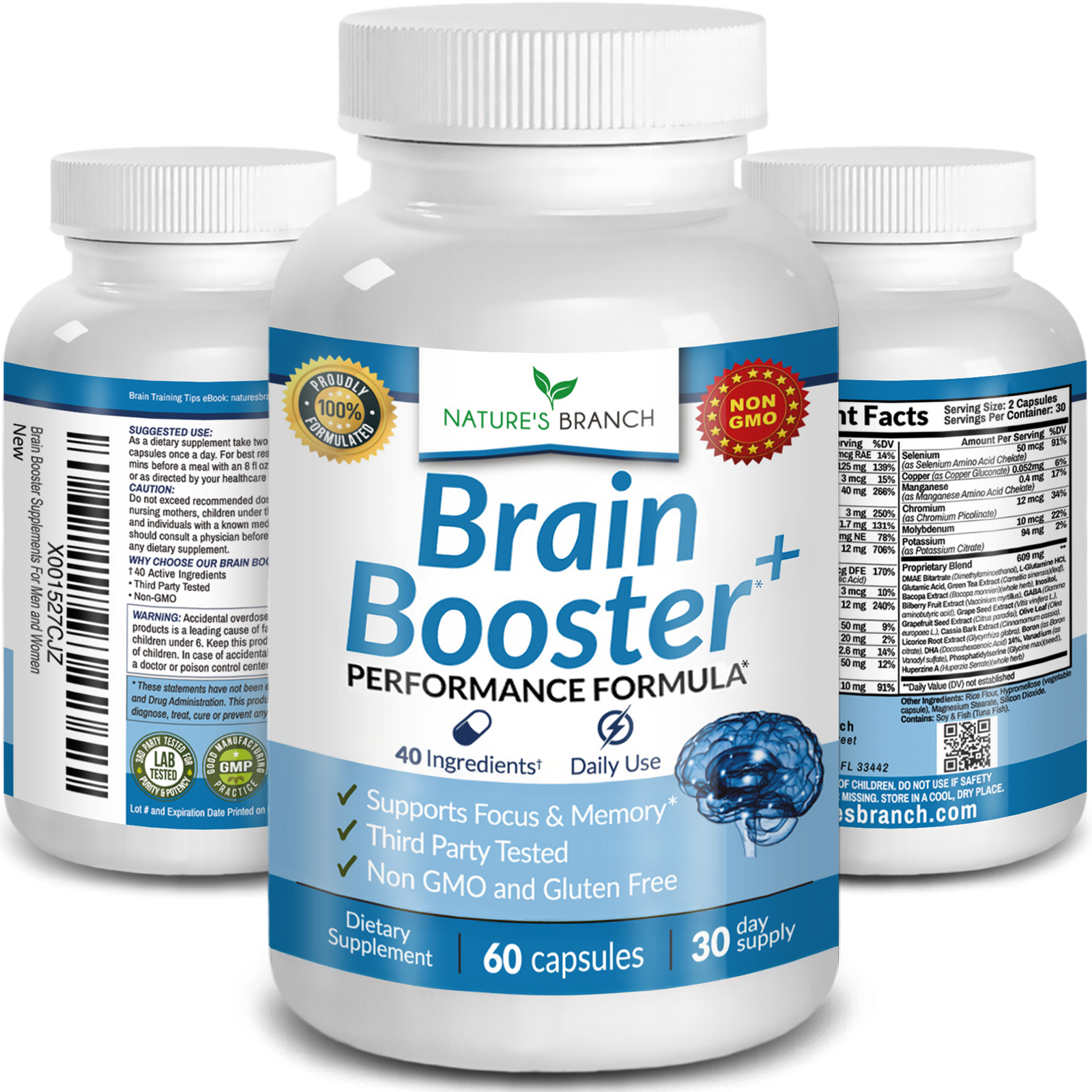We've all seen how our blood sugar levels may affect our energy and mood. When you overindulge in sugary foods or drinks after a while you may feel that you're flying high and happy and energized. However, when our body’s sugar level crashes we may feel weak and fatigued.
Aside from this, unbalanced blood sugar may substantially hamper your capacity to fulfill the demands of everyday living and, if consistently increased, may affect your long-term health.
In this blog, we’ll dig deeper and learn more about how to support your healthy blood sugar levels and how to maintain them to the best of your ability.
Potential symptoms that your blood sugar is out of whack

Even if you believe you live a generally healthy lifestyle and have your blood sugar under control, not everyone is versed in recognizing warning signs. When your blood sugar level is not properly managed, hyperglycemia (high blood sugar) and hypoglycemia (low blood sugar) may develop when the level increases and falls dramatically. This can be a significant problem that has a variety of unfavorable side effects, including:
- Fatigue
- Sugar and carb cravings
- Weight gain
- Headaches
- Trouble concentrating
- Mood swings or nervousness
- Itchy and Dry Skin
How to help support healthy blood sugar levels naturally?

1. Monitor and maintain your weight
Obesity and excessive weight gain may contribute to type 2 diabetes. According to some research, participants who dropped roughly 7% of their body weight by diet and exercise lowered their chance of acquiring diabetes by over 60%. Remember, it is always best to consult your doctor before making any big changes to your lifestyle.

2. Choosing a healthy and Balanced Meal
Eating nutritious foods and avoiding sugary foods and drinks is an important element of keeping a healthy weight. That involves eating more fruits and vegetables while avoiding soft drinks and iced teas.
Consuming protein, fiber, and healthy fat with each meal may help with balancing blood sugar and moderate hunger. Each of these nutrients may help to contribute to blood sugar balance, but they work much better together. Why not enjoy a decent kale salad with avocado and a protein of your choosing?

3. Consume larger meals earlier in the day.
A large late-night meal is your blood sugar's worst enemy. Because our systems grow increasingly insulin resistant during the day, a meal eaten in the evening may result in a higher blood sugar increase than a meal eaten in the morning. More information can be found via the research links below.
As a result, many nutritionists have recommended front-loading your meals or eating larger meals earlier in the day and a smaller dinner at least three hours before night.

4. Drink your water
Drinking water aids your kidneys in flushing away extra blood sugar via urine. According to one study, persons who drank more water were less likely to acquire hyperglycemia (high blood sugar).

5. Move Around
Simply getting up and moving, such as walking the dog or cleaning the floor, may help you avoid becoming sedentary.
However, it is preferable if you exercise regularly. Regular exercise may help you maintain a healthy weight which in turn may help with your blood sugar levels. Getting at least half an hour of physical activity five days a week is something you may consider.

6. Quit Smoking
Tobacco use may contribute to insulin resistance, which in turn may affect blood sugar. Research has shown that quitting smoking can be beneficial for your health in many ways.

7. Sleep more, stress less.
Both sleep loss and stress may result in increased amounts of the stress hormone, cortisol, which helps boost blood sugar levels. Aim for seven to nine hours of sleep every night, and incorporate stress-relieving activities like exercise, meditation, or yoga into your routine.
8. Probiotic support
Probiotics are an obvious supplement for supporting digestive health, but they may also play an important role in supporting blood sugar*. According to one small study, people who followed a heart-healthy diet and also consumed probiotics had lower fasting blood sugar and hemoglobin A1C levels (a marker for testing longer-term blood sugar levels).*

9. Eat magnesium-rich foods
Magnesium has been suggested to be notable when it comes to maintaining a healthy blood sugar level and improving insulin sensitivity.* Eating plenty of magnesium-rich foods—leafy green veggies like spinach and Swiss chard, pumpkin seeds, almonds, black beans, dark chocolate, and avocado—is also something to consider to boost levels in the body.
While you're at it, how about some chromium-rich foods like broccoli, barley, and oats. One research study stated, that the combined benefits of chromium and magnesium were found to be more helpful than either mineral alone. You might also want to look into taking a magnesium supplement to help support healthy levels too.
Why Try Our Magnesium Glycinate Supplement?
Nature’s Branch Magnesium Glycinate contains 200 vegan tablets in each bottle for a 3+ month supply so there’s no need for constant reordering. We use high potency, unbuffered Magnesium Glycinate in our tablets as it is one of the most bioavailable sources of magnesium*. Our unique formula of magnesium glycinate and essential fiber helps support gentle digestion for everyday use.
Purchase your bottle of Magnesium Glycinate today by clicking here:
Note: It is always best to consult your doctor before taking any supplements or making any big changes to your lifestyle.
References:
- 6 natural ways to prevent diabetes before it starts. (n.d.). Gundersen Health System. https://www.gundersenhealth.org/health-wellness/be-well/6-natural-ways-to-prevent-diabetes-before-it-starts/
- How to Prevent Diabetes. (n.d.). MedlinePlus. https://medlineplus.gov/howtopreventdiabetes.html
- Miller, S. G. (2016, November 14). Probiotics May Help Reduce Blood Sugar Levels. Livescience.Com. https://www.livescience.com/56861-probiotics-blood-sugar-dash-diet.html
- U.S. Department of Health & Human Services. (2021, April 28). Manage Blood Sugar. Centers for Disease Control and Prevention. https://www.cdc.gov/diabetes/managing/manage-blood-sugar.html
- World Health Organization. (2021, November 10). Diabetes. https://www.who.int/news-room/fact-sheets/detail/diabetes











Leave a comment (all fields required)